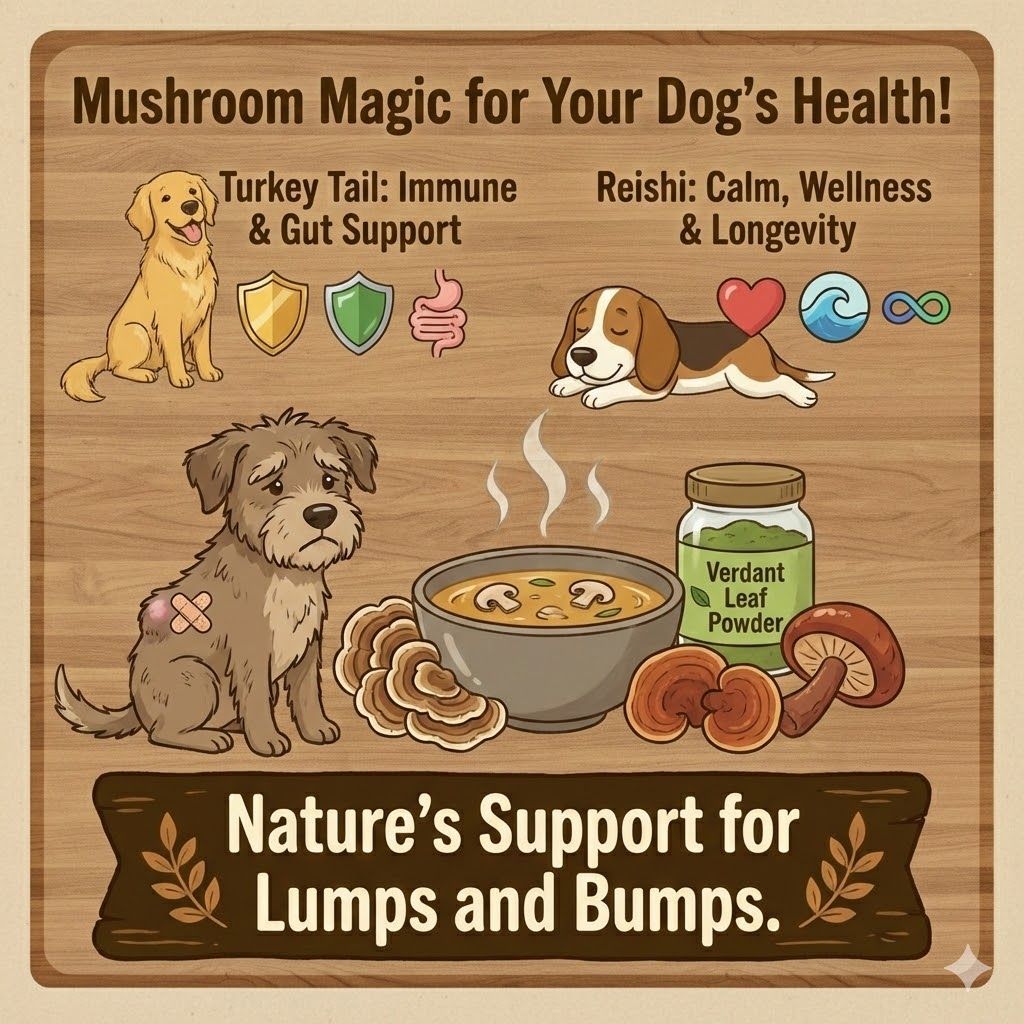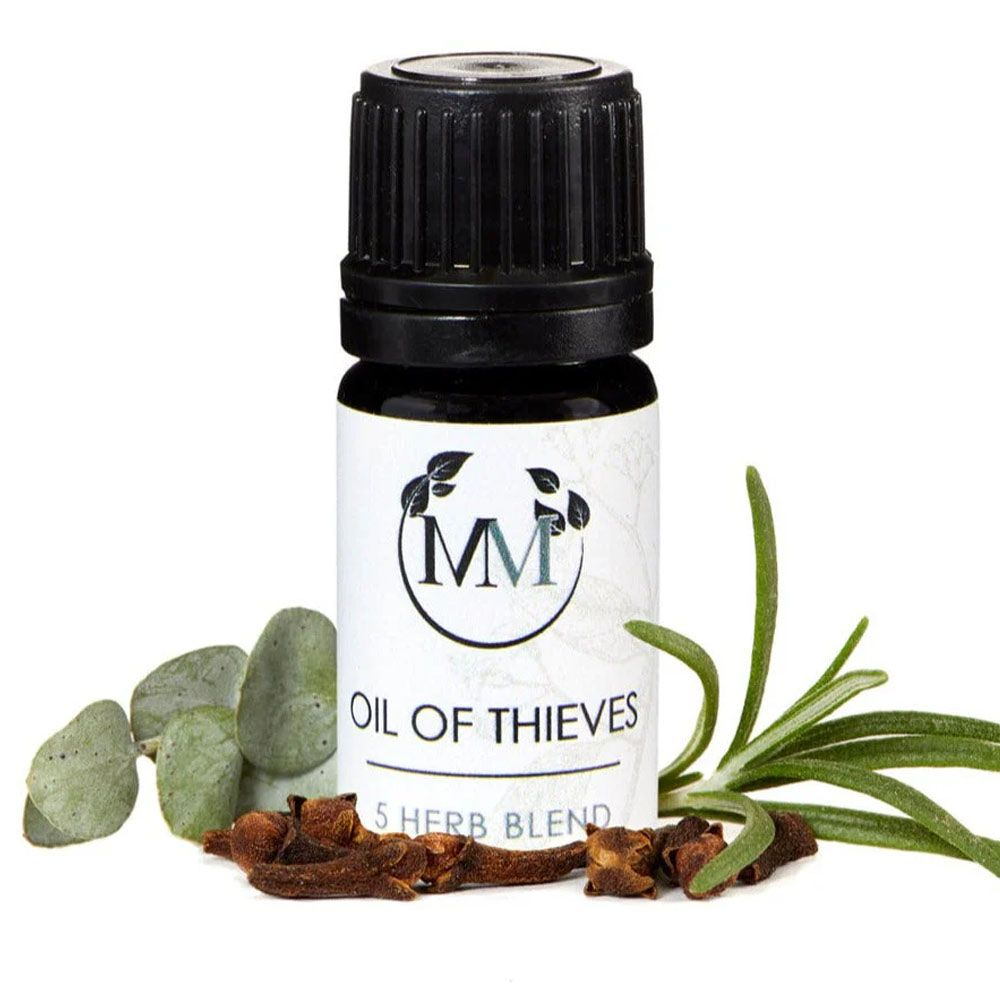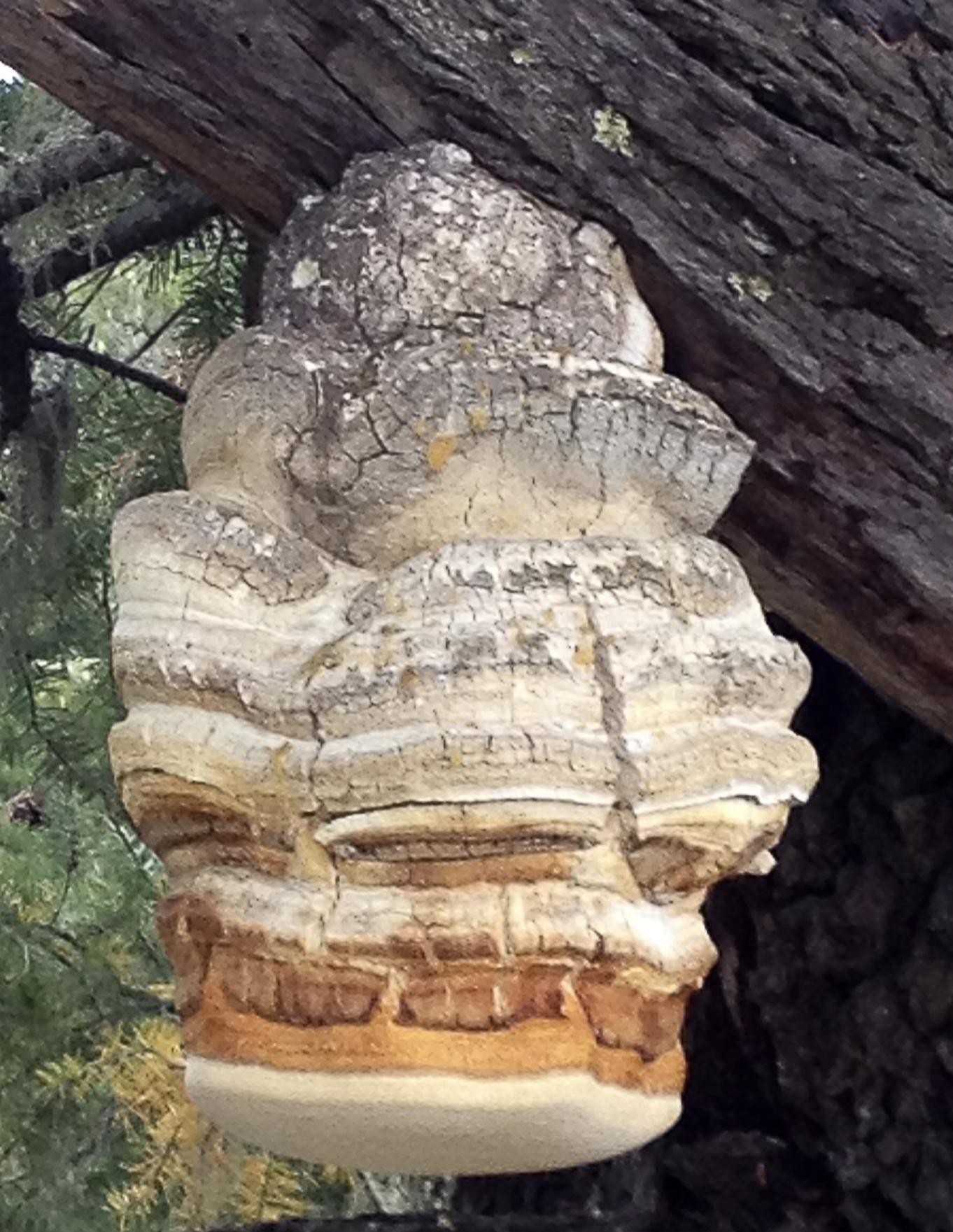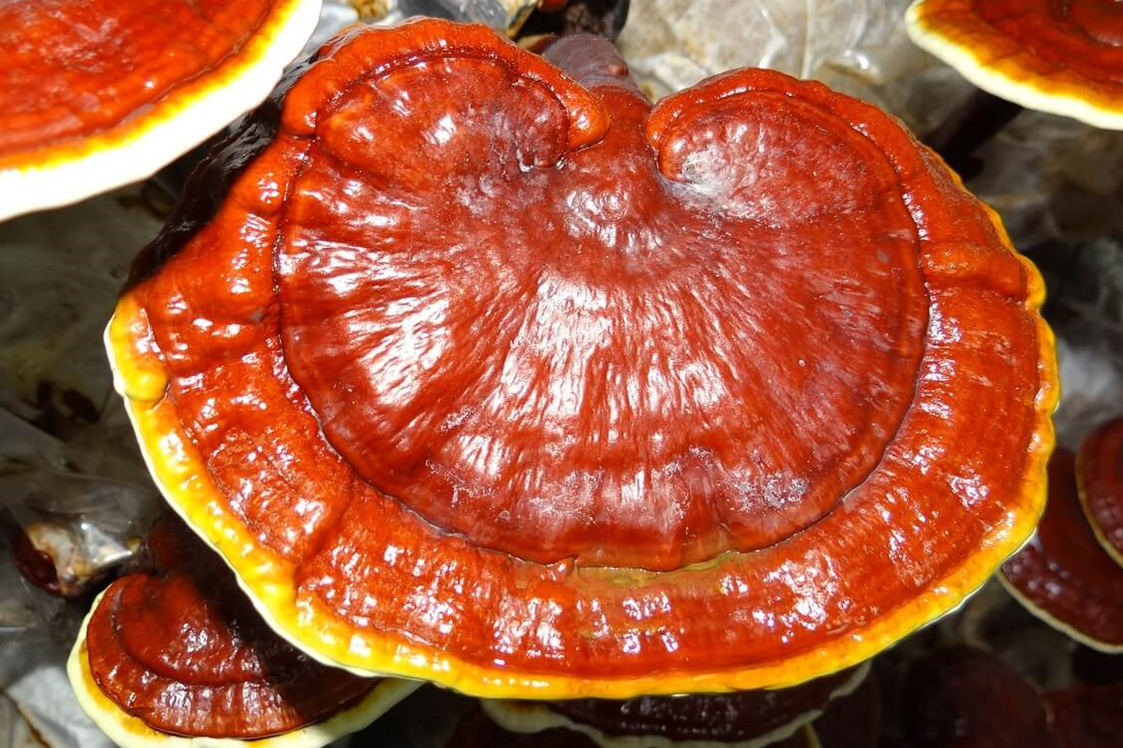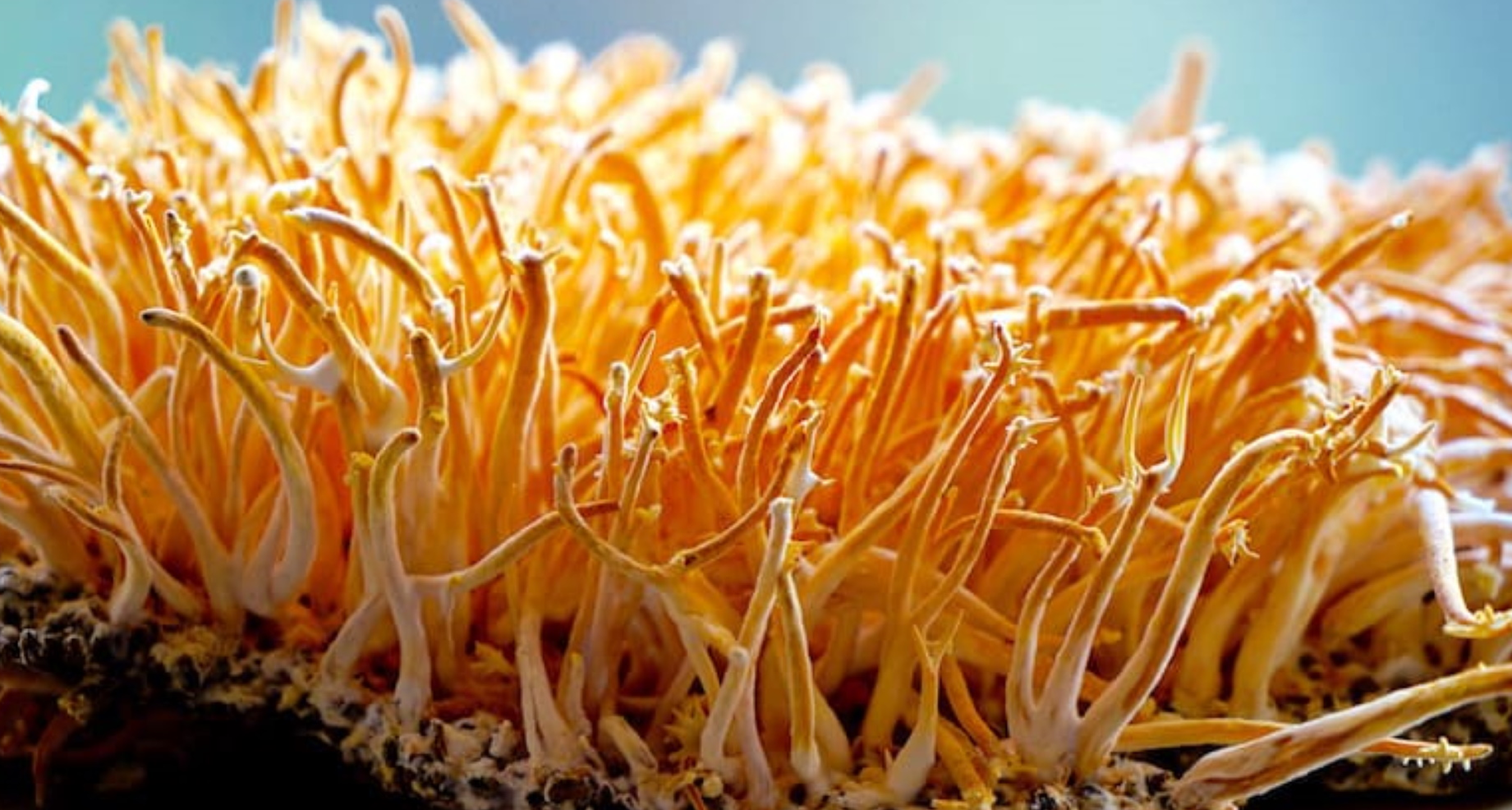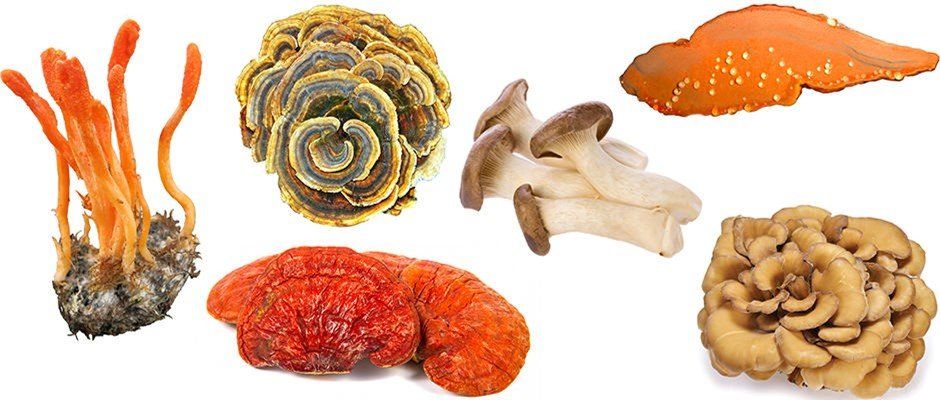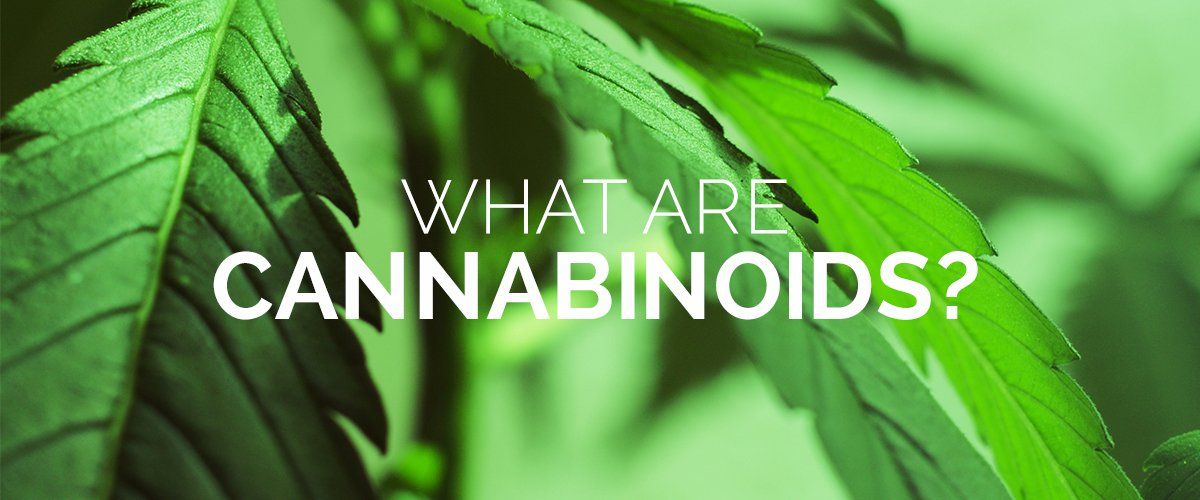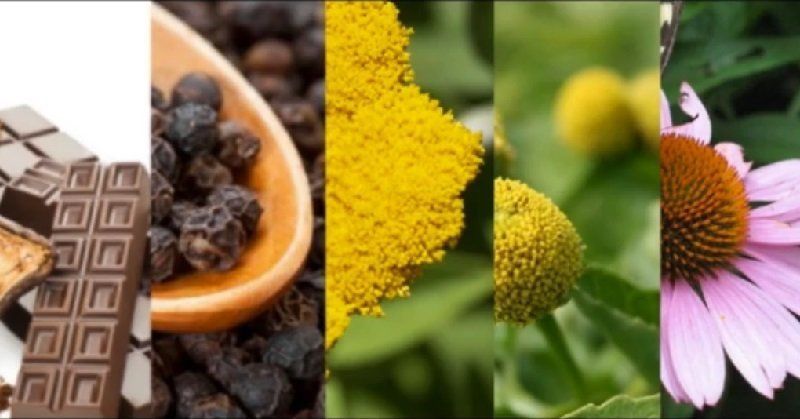3 Types of Cannabinoids
What is the difference between Endocannabinoids, Phytocannabinoids, and Synthetic Cannabinoids? Pay attention, this is important
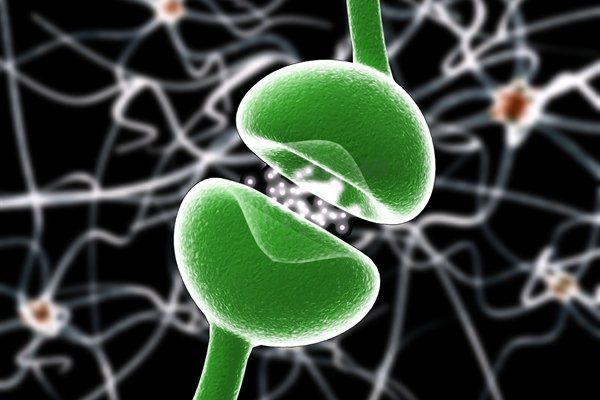
What are the different types of cannabinoids and what does that mean for our bodies? In this article we will break down the 3 different types of cannabinoids.
First of all the most important thing to discuss is the Endocannabinoid System. We all have an Endocannabinoid System and it's biggest dream in life is to maintain homeostasis in your entire body. It is a complex network of receptors that have been found in nearly every cell type in your body that responds to endocannabinoids (cannabinoids that we manufacture in our body) & phytocannabinoids (cannabinoids that are produced by the plant). To better understand this lets break down some definitions.
- Endocannabinoid :Endocannabinoids are the cannabinoids that we produce naturally in our body. Your endocannabinoids, Anadamide and 2AG, are produced in the brain and interact with these receptors in many different places in your body. Anandamide is is known as the "bliss molecule".
- Cannabinoid : A cannabinoid is a chemical compound that interacts with The Endocannabinoid System. Cannabinoids occur naturally in the bodies of mammals, as well as many plants.
- Endocannabinoid System : Your Endocannabinoid System is a network of receptors, found on nearly all cell types in the body that is responsible for homeostasis in the body's systems.
- Phytocannabinoids : Phytocannabinoids are cannabinoids that are produced in plants, much the same way that endocannabinoids are produced inside of us. Our Endocannabinoid System interacts with these compounds in the same way as it does with our endogenous cannabinoids.
- Synthetic Cannabinoids : These are lab synthesized "cannabinoids". I put that in quotes because true cannabinoids are vital for the balance and function of our Endocannabinoid System, while synthetic cannabinoids can be very dangerous and even catastrophic to the delicate structure of our brains.
Synthetic Cannabinoids: Pay attention, this is important...
Synthetic Cannabinoids are dangerous. They act on the same receptors of the brain as THC, so they produce the same effects. The scary part is that alot of these chemicals bind more strongly than THC so the effects of it can be very dangerous and unpredictable. Another very scary thing is that the formulas are constantly changing to avoid the prohibition laws so it's very hard to know exactly how to counteract the effects, that are many time more than the user was expecting. The most popular names of these synthetic cannabinoids are called "K2" & "Spice" but there are many more brands out there. These are created when plant material and herbs are sprayed with these poisonous chemicals, marketed in shiny packages claiming potpourri or incense & labeled "Not for human consumption". There have been many reported adverse and even dangerous side effects. Keep in mind that people can have a dofferent reaction every time they consume these chemicals, but some of the side effects include:
- Racing heartbeat
- Extreme increase in body temp
- Violent reactions
- Hallucinations and delusions
- Paranoia
- Suicidal ideations
- Trouble breathing
- Vomiting
- Extreme, unyielding anxiety
- Withdrawal when chemical is stopped
- Loss of consciousness
- Death
Long term side effects of these designer drugs can include psychosis, paralysis, and permanent memory loss. Please be aware that when you use this product, you are playing Russian Roulette, even if you have used it in the past the next hit could be your last. It is never worth it to put unknown and constantly changing chemicals in your body for a quick high.
Did you know that cannabis is not the only source of cannabinoids?
While it is true that cannabis has many therapeutic cannabinoids that have not been found in any other species so far, there are other plants that produce cannabinoids and cannabimimetics. The effects on the body and brain depend on the levels of cannabinoids in each plant.
Other plants that contain cannabimimetics
- Black Pepper (Contains Beta-Caryophyllene, a powerful anti-inflammatory)
- Cone Flower (Echinacea)
- Flaxseed
- Black Truffles
- Kava
- Cacao
- Liverwort
- Electric Daisy
- Rhododendron
We will discuss these plants and their therapeutic benefits in more detail in a later article. To read our article on terpenes click here.
Rustic Oils CBD Of Lee's Summit LLC Blog
